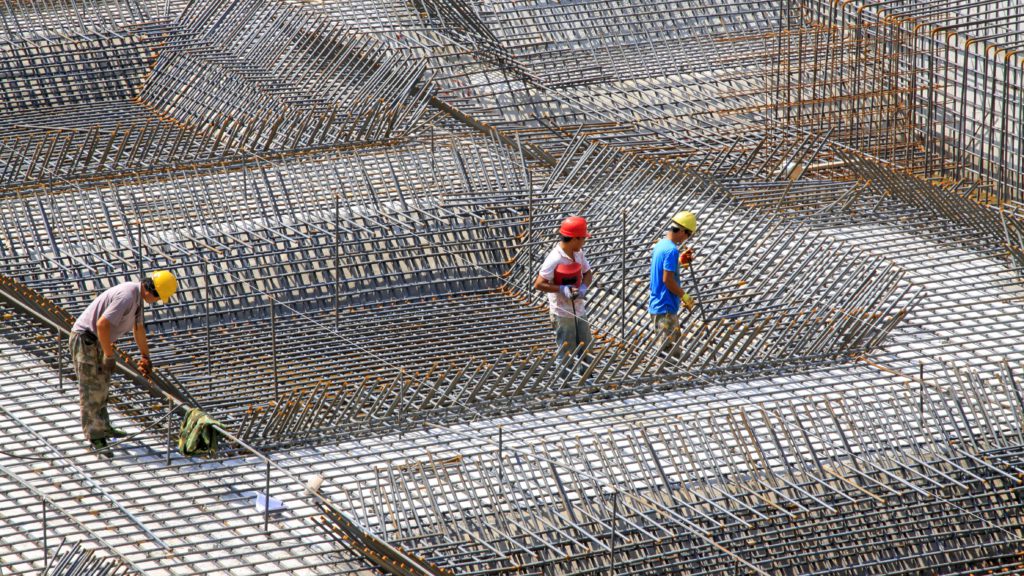Iron ore price struggles for direction as traders assess China demand

Iron ore futures in Singapore fell on Friday, pressured by worries about near-term demand in China where many steel mills hit by negative margins were seen curbing production, while the steelmaking ingredient’s Dalian benchmark edged higher.
Hopes of additional economic stimulus by Beijing, and data showing the country’s exports and imports in September contracting at a slower pace, helped limit losses in what has been a subdued week for iron ore.
Iron ore’s benchmark November contract on the Singapore Exchange was down 0.8% at $113.75 per metric ton, as of 0319 GMT, shedding 1% so far this week but bouncing off Tuesday’s six-week low of $109.25.
The most-traded January iron ore on the Dalian Commodity Exchange rose 0.7% to 836 yuan ($114.45) per ton. The Chinese benchmark, however, has dipped 1.8% since trading resumed after this month’s Golden Week holiday.
“Several mills are proposing additional maintenance programs amid weak demand following the Golden Week holiday. This could see the prospect of steel production cuts during winter,” ANZ analysts said in a note.
China’s blast-furnace steel mills suffered more losses on finished steel sales in September, mainly due to higher production costs, according to the results of consultancy Mysteel’s latest monthly survey of producers.
Traders also kept an eye on reports that the European Union was planning to announce anti-subsidy investigations against steelmakers in China, the world’s top steel producer.
Other steelmaking ingredients were also subdued, with coking coal and coke on the Dalian exchange down 0.6% and 1.2%, respectively.
Support for iron ore and other steel raw materials, however, has emerged as traders bet that China’s deepening property sector crisis may prompt more policy action from Beijing to shore up economic growth.
Steel benchmarks in Shanghai were mixed. Rebar dipped 0.2%, hot-rolled coil lost 0.1%, while wire rod climbed 0.3% and stainless steel added 0.7%.
(By Enrico Dela Cruz; Editing by Rashmi Aich)
{{ commodity.name }}
{{ post.title }}
{{ post.date }}




Comments